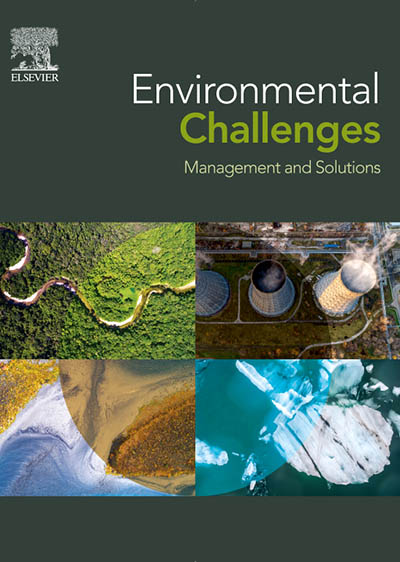Article, Refereed Journal
Environmental Challenges

In Texas, informal settlements called colonias formed from the 1950s to the 1980s without the most basic municipal infrastructure. Federal and Texas agencies authorized about $1 billion for first-time water and wastewater services for about 300,000 residents from 1995 through 2017. The research uses a mix-method approach to assesses at a high level the distribution of funds and outcomes achieved across 31 counties adjacent to the Texas-Mexico border, identifies where needs continue, examines population growth, and compiles programmatic and technical lessons learned. The results show wastewater coverage increased from less than 20% of the colonia population to over 75%. Funds were generally distributed equitably amongst the counties and expected outcomes were achieved. Grant funding was an incentive for cities with more institutional capacity and operational efficiencies to extend service to colonias and provide regional solutions outside city limits. Despite the progress, the most considerable need remains in smaller and more isolated colonias, where overcoming the barriers to service will be costly. Important lessons were learned, such as adopting laws to prevent further proliferation of colonias, the inclusion of household connections within the project ensured customers connected quickly, and regular coordination amongst funding agencies avoided duplication. Unintended consequences included oversized facilities as population growth did not occur as expected. Replacing what is now aging infrastructure requires a strategy and could include a low-cost loan program. Finally, onsite systems are a potential solution for overcoming barriers to service for those isolated colonias.
Research Topic
Energy and Environmental Economics

